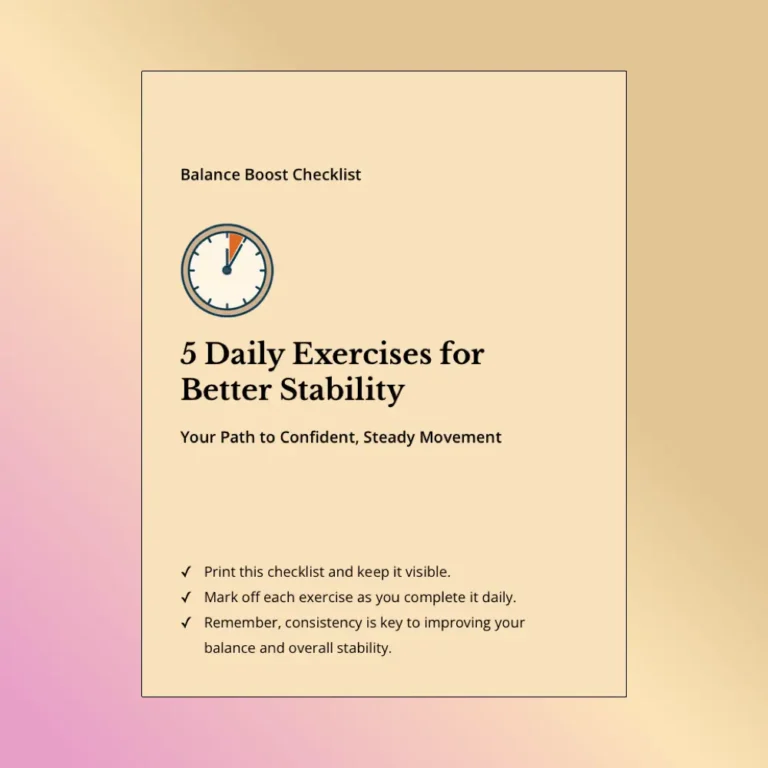
Highlights

As we grow older, keeping our liver healthy becomes increasingly important. This hardworking organ handles detoxification and metabolism, but naturally changes as we age. Let’s explore practical ways seniors can support their liver health through smart food choices, lifestyle adjustments, and mindful habits to reduce the risk of liver disease.
The liver performs several critical roles in our body; it detoxifies blood, produces bile for digestion, and regulates metabolism. With age, liver function can decline due to reduced blood flow and the buildup of fat in the liver. That’s why it’s so important for older adults to adopt habits that preserve liver health and protect their liver from damage.
Detoxification is how our body gets rid of toxins and harmful substances. For older adults, adding detox foods to meals can strengthen liver function by helping clear accumulated toxins, reduce inflammation, and boost overall liver health.
Staying well-hydrated is key to liver health. Water helps your liver flush out toxins and supports metabolic functions. Older adults should try to drink at least 6-8 cups of water daily, adjusting based on how active they are and the weather. For more information, check out these comprehensive hydration strategies for seniors.
Physical activity isn’t just about staying fit – it really helps your liver function better. Activities like walking, swimming, or yoga improve circulation and help maintain a healthy weight, which reduces the risk of fatty liver disease. Try to get at least 150 minutes of moderate exercise each week to support overall liver health.
Processed foods and too much sugar can overburden your liver. Older adults should get in the habit of reading labels and making informed choices. Choosing whole foods over processed options leads to better liver health and overall wellness. Foods that are good for liver function include fresh produce, whole grains, and lean proteins.
Aging changes how our bodies process alcohol. Seniors often become more sensitive to alcohol, which can increase the risk of liver disease, especially if consumed in excess. Understanding these changes is important for maintaining liver health.
For seniors, moderation is crucial. The CDC suggests limiting alcohol intake to one drink per day for women and two for men. If you’re looking for alternatives, try sparkling water with a splash of fruit juice; it can be a delightful option at social gatherings. Learn more about responsible alcohol consumption for older adults.
While many supplements claim to boost liver health, some can actually be harmful or unnecessary, particularly for older adults. Supplements like kava, which is often marketed for relaxation, can be toxic to the liver and pose serious risks to liver function. Always check with your doctor before starting any new supplement that might affect the liver.
If you do need supplements, focus instead on whole foods that naturally support liver health. Including a variety of liver-friendly foods in your diet is usually more beneficial than relying on pills that may strain the liver.
To keep your liver healthy and care for your liver, include these beneficial foods in your healthy diet:
These best foods to eat can help reduce liver fat and support liver function tests.
Adding liver-friendly foods to your daily meals can be easy and enjoyable. Here are some simple meal ideas:
These meals not only support your liver health but also taste great and can help reduce the risk of fatty liver disease!
Want to learn more about liver health as you age? Check out this informative video about maintaining liver health throughout your senior years.
This resource offers valuable insights into maintaining proper liver function and preventing liver conditions like fatty liver.
What foods support liver health?
Key foods that support liver health include leafy greens, berries, cruciferous vegetables, nuts, and fish. These foods provide important nutrients and antioxidants that help your liver function at its best and can help reduce liver fat.
What supplements should seniors avoid for liver health?
Seniors should steer clear of certain herbal supplements, especially kava and high doses of vitamin A, as they can potentially harm the liver and cause liver damage. Always talk to your doctor before taking any new supplements that might negatively affect liver health.
What are the alcohol guidelines for seniors?
Older adults should limit alcohol consumption to one drink per day for women and two drinks for men to minimize the risks of alcohol-related liver disease and damage. Excessive alcohol can lead to liver damage and various liver diseases.
Keeping your liver healthy becomes increasingly important as you age. By incorporating detox foods into your diet, adopting healthy lifestyle habits, and following appropriate alcohol guidelines, you can significantly improve your liver function and overall well-being.
These habits don’t just enhance liver health; they can improve your quality of life, too. Remember to maintain a healthy weight, as obesity can cause fatty liver disease and lead to chronic liver disease. The British Liver Trust provides excellent resources on taking care of your liver and maintaining liver health.
For additional reading and resources on liver health, you might want to visit the AARP’s comprehensive guide to protecting your liver, which offers tips on how to take care of this vital organ.
If you’re looking for additional ways to support your liver, consider incorporating anti-inflammatory foods into your diet, as inflammation reduction is key for liver health matters and can help prevent metabolic dysfunction-associated steatotic liver disease.
